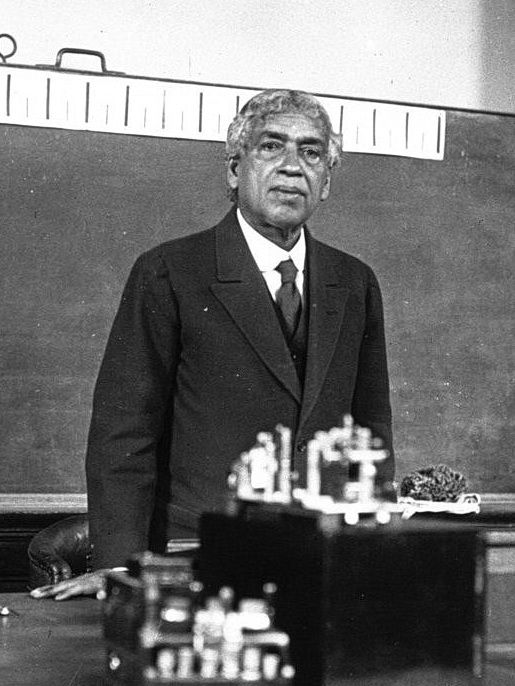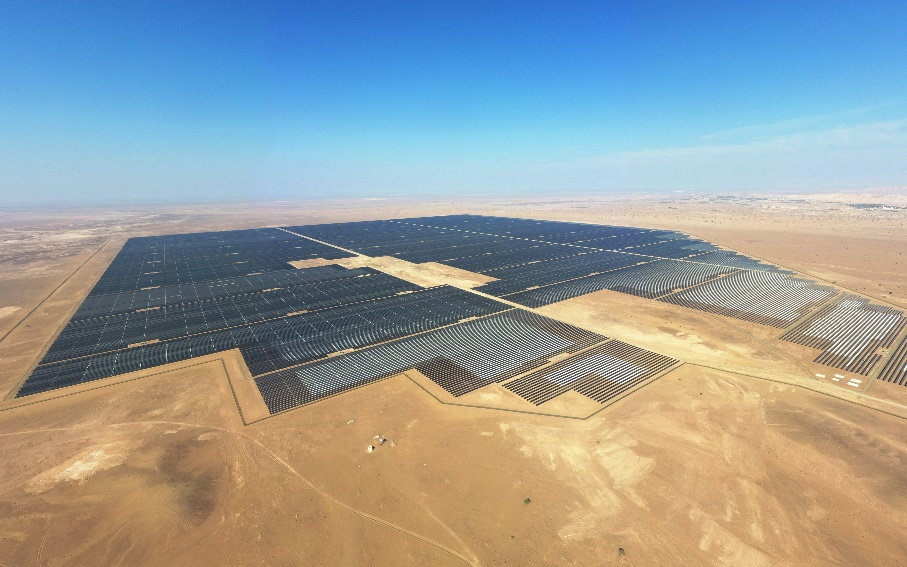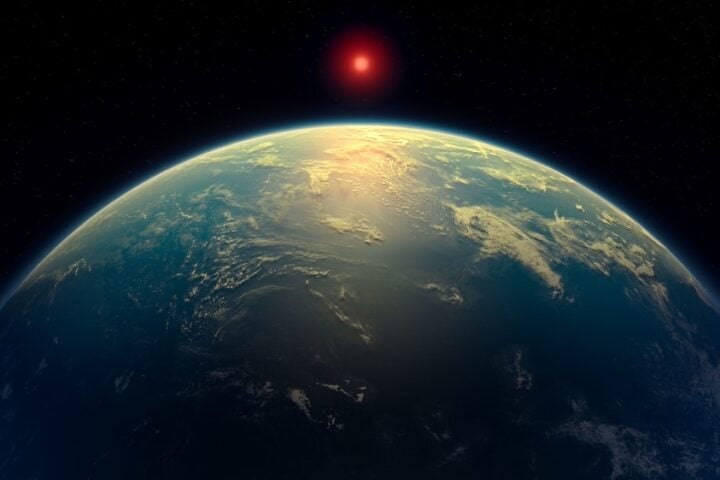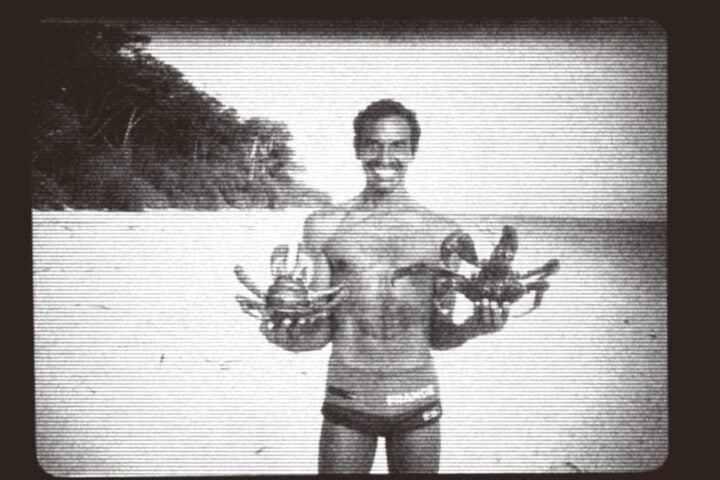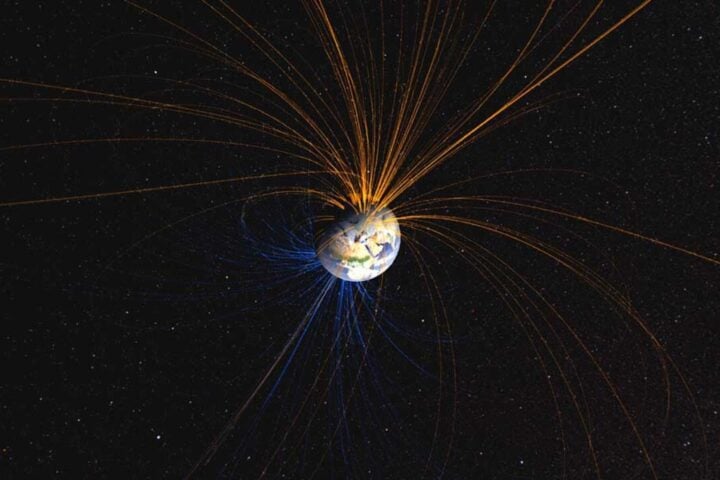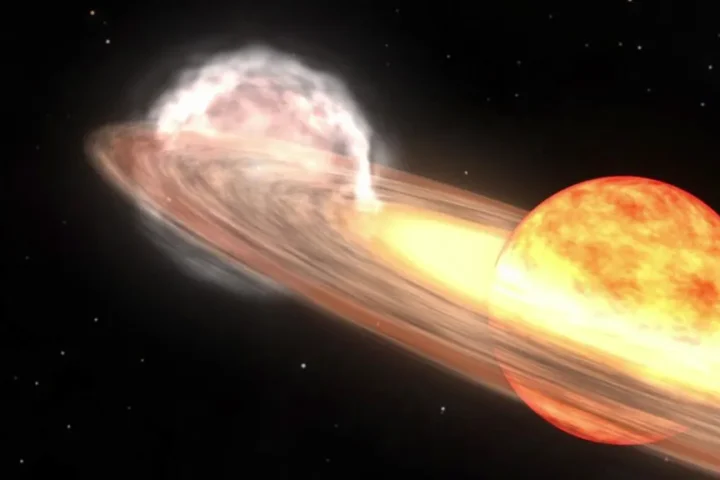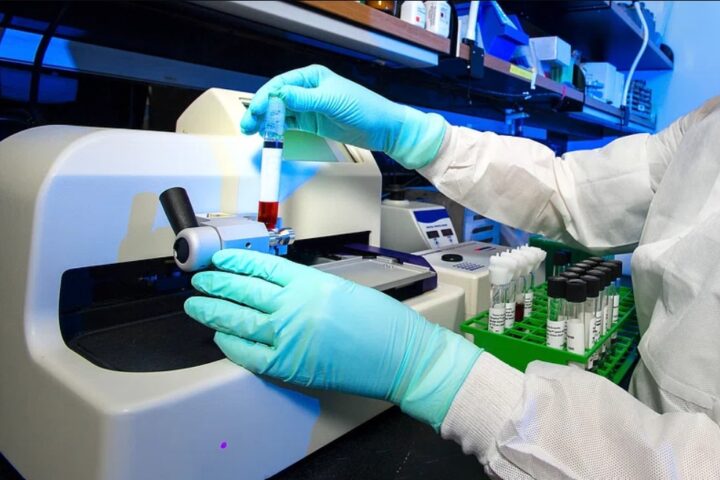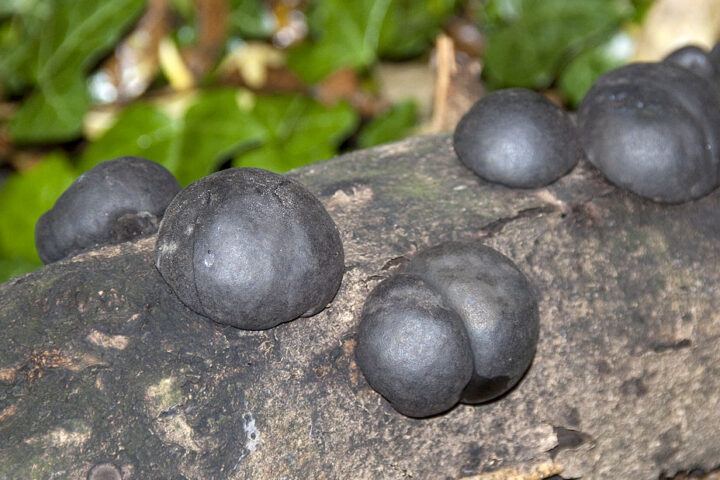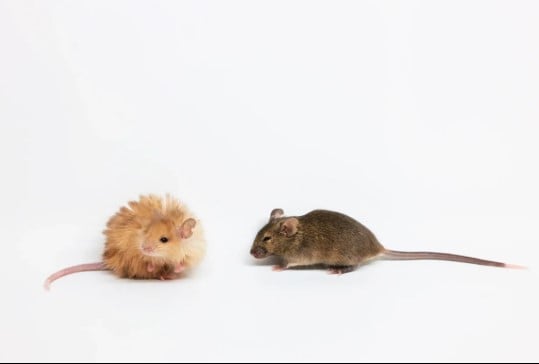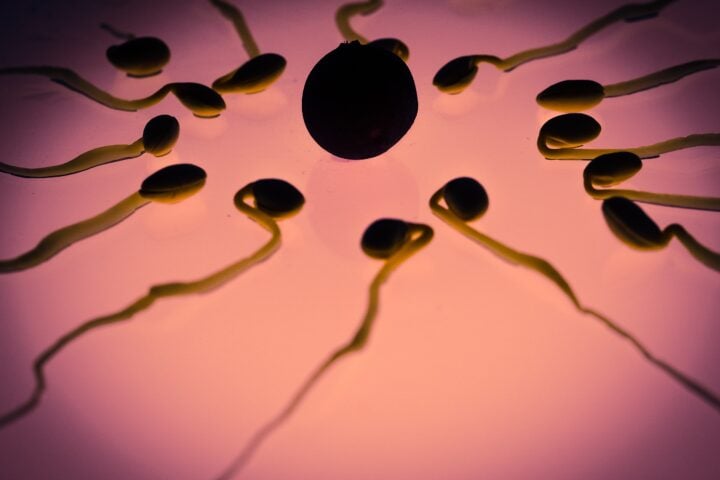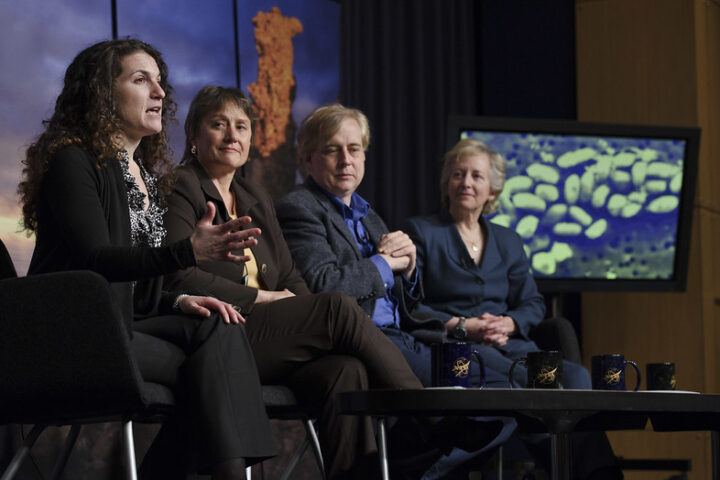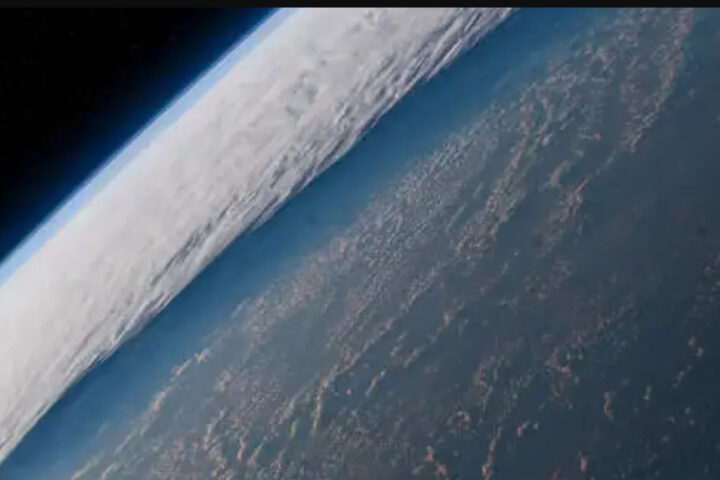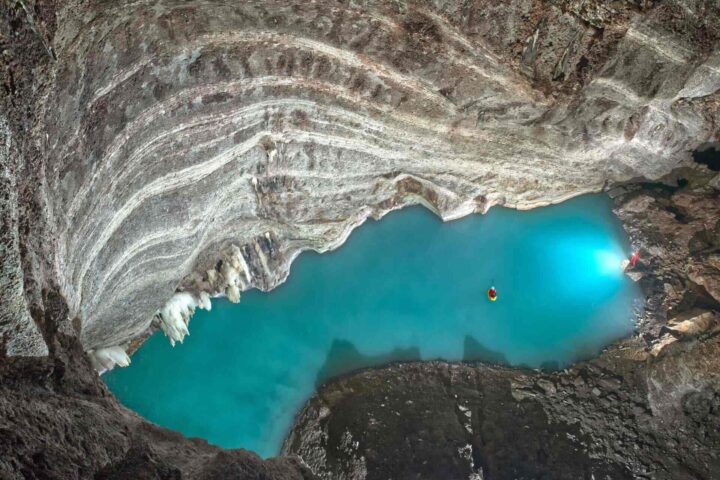Indian scientist Jagadish Chandra Bose was the first to prove in 1901 that plants are like any other life form. Bose demonstrated that plants have a definite life cycle, a reproductive system, and are aware of their surroundings. He used his invention to introduce the world to the life of plants. A multifaceted inventor, Bose also invented the detector for wireless telegraphy. However, recognition and appreciation for his work came late.
Now, after nearly a hundred and a quarter century, India-born American physicist-philanthropist Mani Bhaumik has donated one million US dollars to honor the work of JC Bose. Bose’s work was long ignored by the West. Starting in 2025, a medal and an honorarium will be awarded to promising young scientists. Efforts to publicly acknowledge Bose’s valuable contributions began when The Institute of Electrical and Electronics Engineers (IEEE), located in New York City, placed a memorial plaque in Kolkata at the Presidency College, now a University, where Bose made his groundbreaking invention. With intense lobbying and special effort by Professor S V Sankaran of the Indian Institute of Science, Bengaluru, the IEEE has decided to establish a prestigious medal and award named the Jagadish Chandra Bose Medal.
To sponsor the medal and award in perpetuity, the IEEE needed one million US dollars. Mani Bhaumik has offered to donate the entire amount. Born in Bengaluru and residing in Los Angeles, Bhaumik holds numerous patents and is considerably wealthy. He is the inventor of the laser technology that paved the way for LASIK eye surgery. Bhaumik feels his donation is a way of paying back for all that he gained from his teacher and mentor, Satyendra Nath Bose of the Bose-Einstein Statistics fame, who was a student of JC Bose.
Similar Posts
Saifur Rehman, the president and CEO of IEEE, will make the announcement establishing the prestigious JC Bose Medal at a congressional reception to be held on January 12 at the Rayburn building of the US Capitol. The medal will be officially known as the IEEE Jagadish Chandra Bose Medal in Wireless Communications. It will be presented to an individual or a team of up to three, with the scope being contributions to wireless communications technologies with a global impact. The nomination deadline is June 15. The award consists of a bronze medal, a certificate, and an honorarium. The first Bose award will be given in 2025.
Bhaumik’s journey from a poor family in Bengal to UCLA (University of California, Los Angeles) via IIT (Indian Institute of Technology), Kharagpur taught him how transformational education can be. His donations to UCLA, IIT Kanpur, and for the Bose Medal and honorarium are aimed at nurturing talent and the scientific spirit, for which Jagadish Chandra Bose devoted his entire life. It’s never too late to honor good work.
Italian inventor and engineer G. Marconi used the detector for wireless telegraphy invented by JC Bose for his historic demonstration of the first trans-Atlantic radio telegraphy and was awarded the Nobel Prize in Physics. Since he did not mention Bose—without whose invention Marconi could not have won recognition and accolades—Bose’s vital contribution remained hidden. The failure to give credit to Bose has long irked scientists in India familiar with his work. Thus, a historical omission is corrected, proving the proverb: better late than never!
